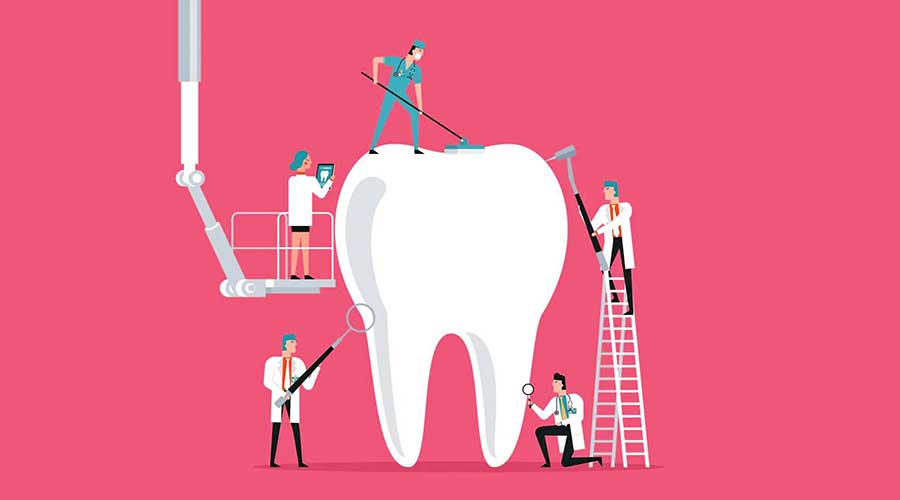ASK A PHYSICAL THERAPIST
- 13 Apr - 19 Apr, 2024

What type of brushing routine should I have?
Twice per day in the morning and at night before going to bed is the standard recommendation. If you have time, it is also a good idea to carry a travel toothbrush with you and use it after eating lunch. We would like for you to use a soft toothbrush so that your gums do not become irritated while brushing. You should also use a fluoride toothpaste in order to strengthen and protect your teeth while brushing for at least two minutes. This routine is your best daily defense against developing cavities and gum disease.
How can I get rid of sensitive teeth?
Sensitive teeth can be due to an infection or erosion. If it is an infection, cavities, etc., we can treat the problem and your teeth will start to feel better. If your teeth sensitivity is due to erosion, that is a more serious problem. Once your enamel erodes away, it cannot grow back. You can use a desensitising toothpaste that will prevent irritation, but this is a temporary solution. We often recommend that patients wear dental crowns in order to protect their sensitive teeth and to replace the enamel that has worn away.
Are there risks associated with not treating a cavity?
Tooth decay (cavities) can spread if left untreated. When you deal with them early on, the decayed portion of your tooth can be removed, and your tooth restored with relative ease. If you delay, the decay can spread and create the need for a more invasive procedure, such as a root canal.
Is dry mouth something to be concerned about?
In many cases, yes. Dry mouth tends to impact the elderly and people with conditions like diabetes. When the mouth becomes dry, it is because the body is not producing enough saliva. This is a problem because saliva is the body's natural way of washing away bacteria and plaque. Without it, patients are at an increased risk of getting cavities or gum disease. Simultaneously, a patient's breath will start to smell stale. We recommend that patients drink more water.
COMMENTS